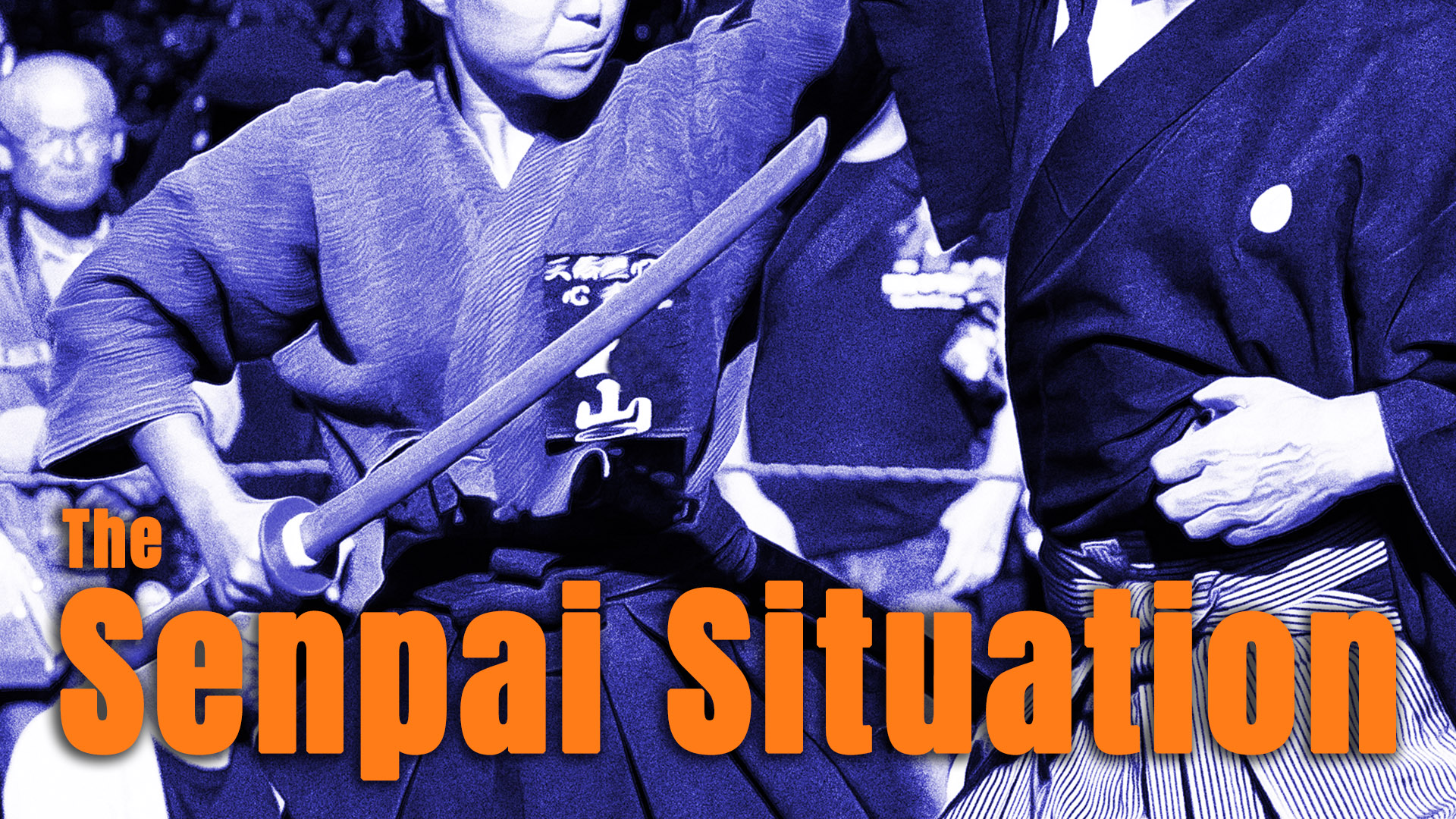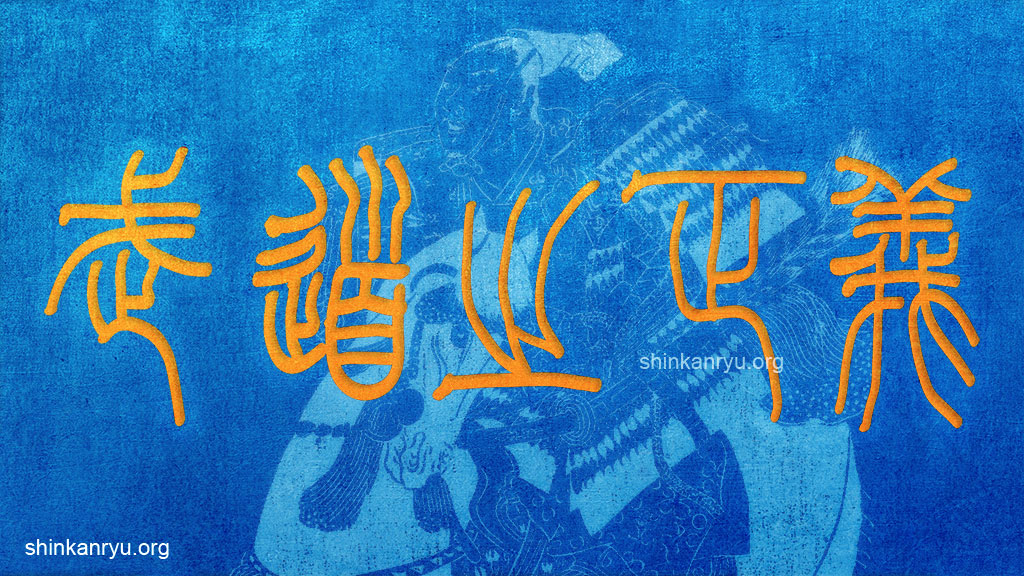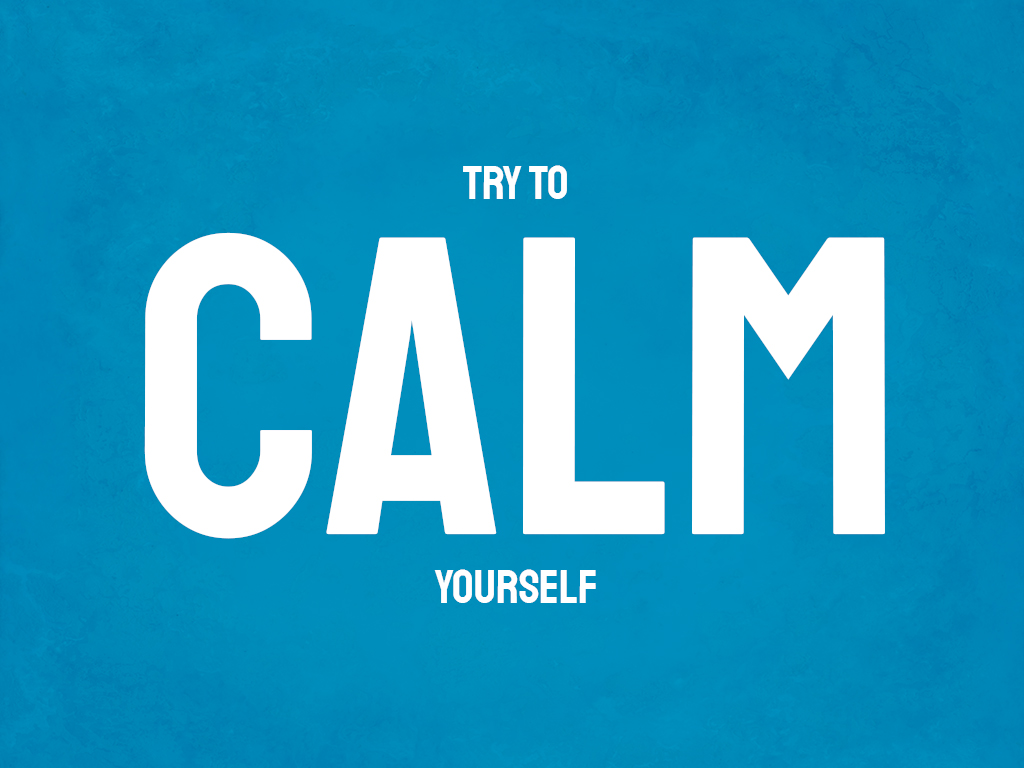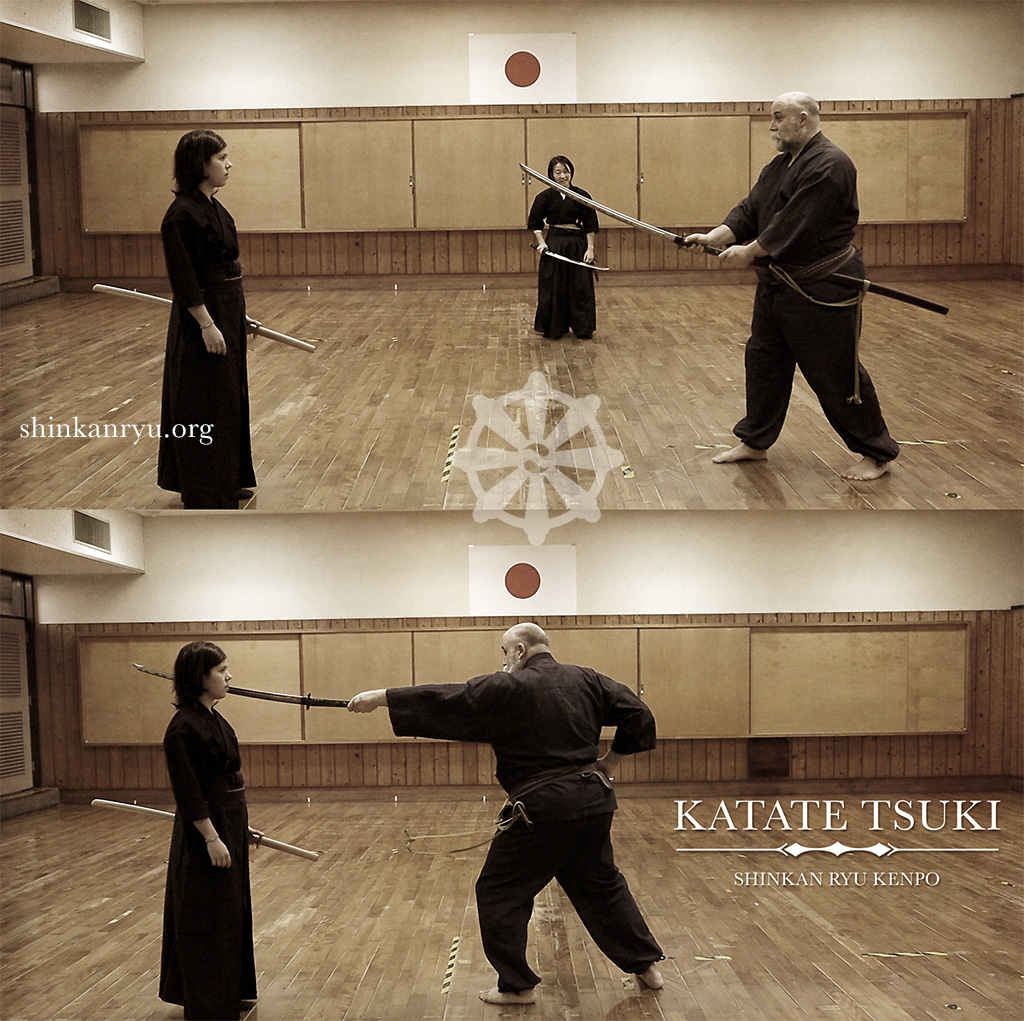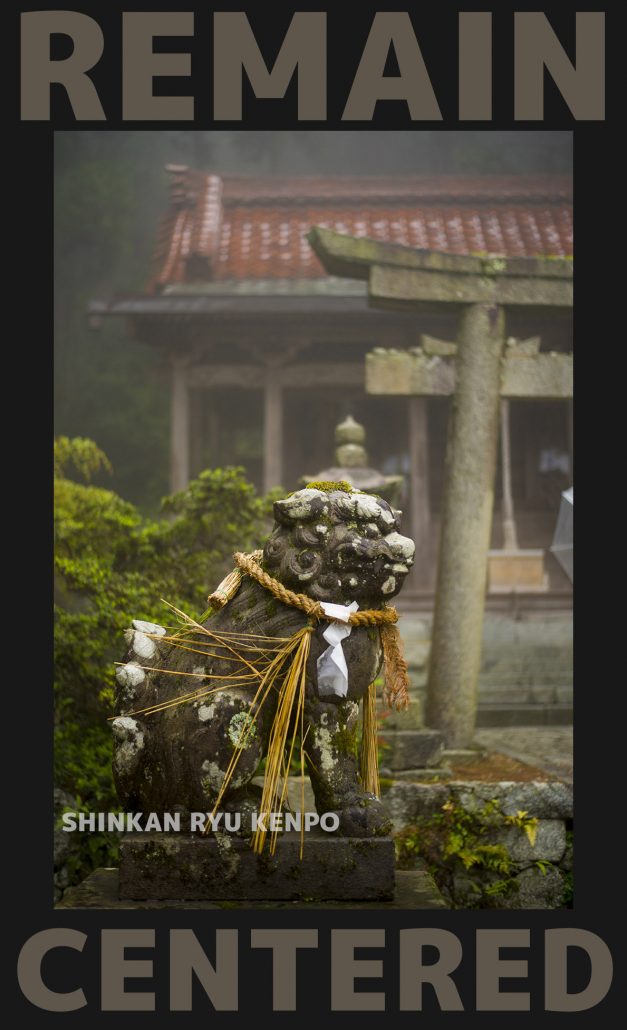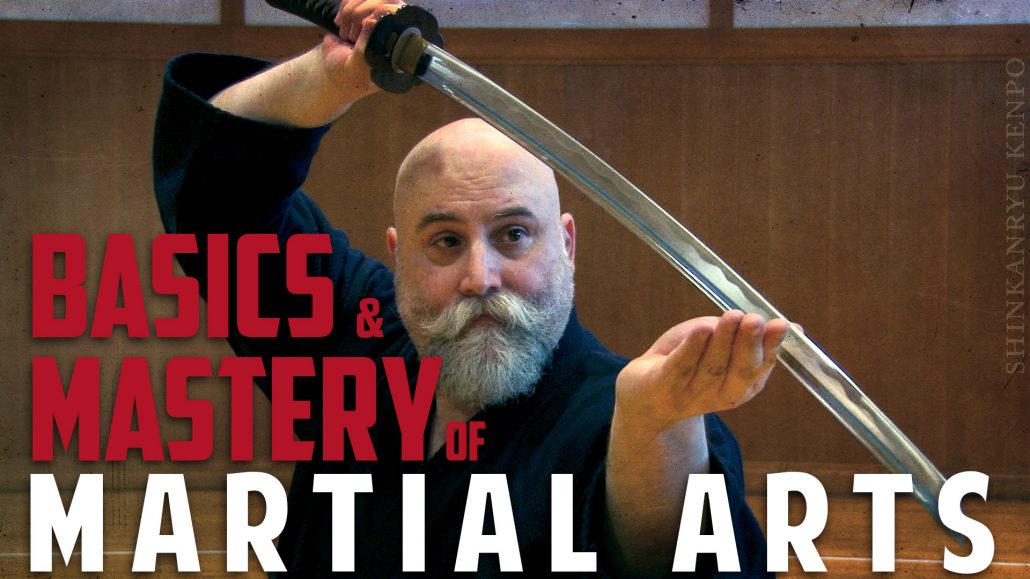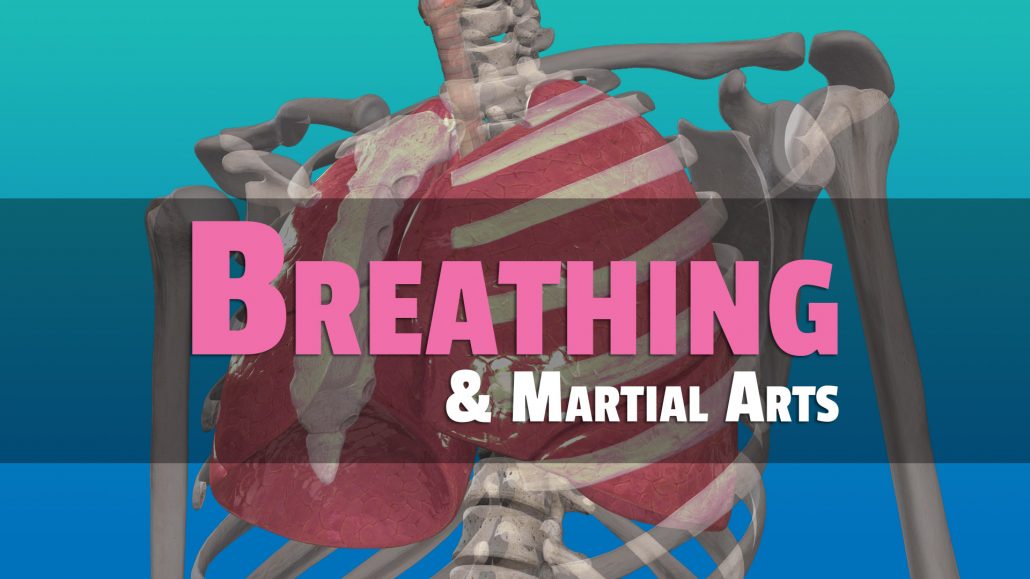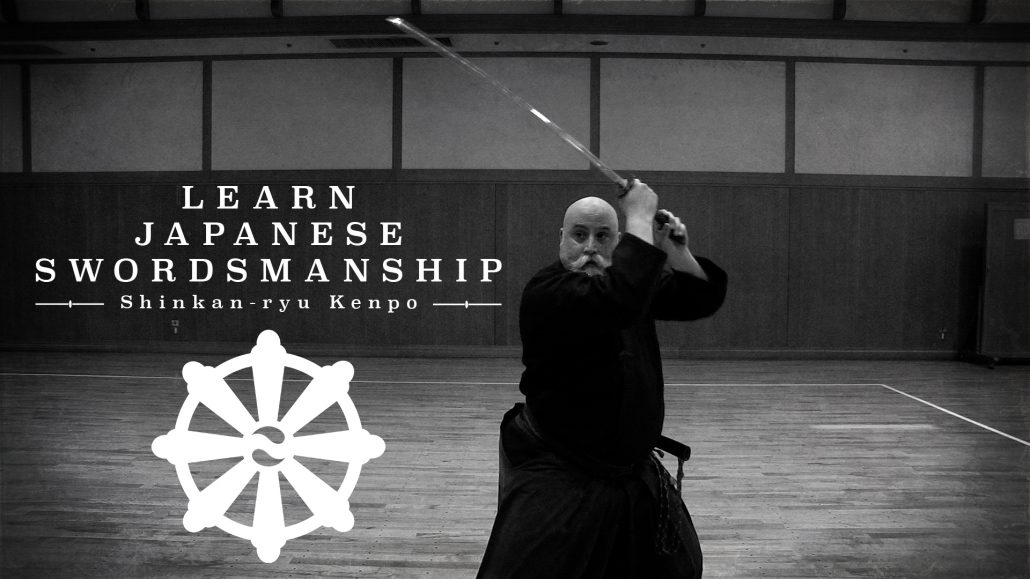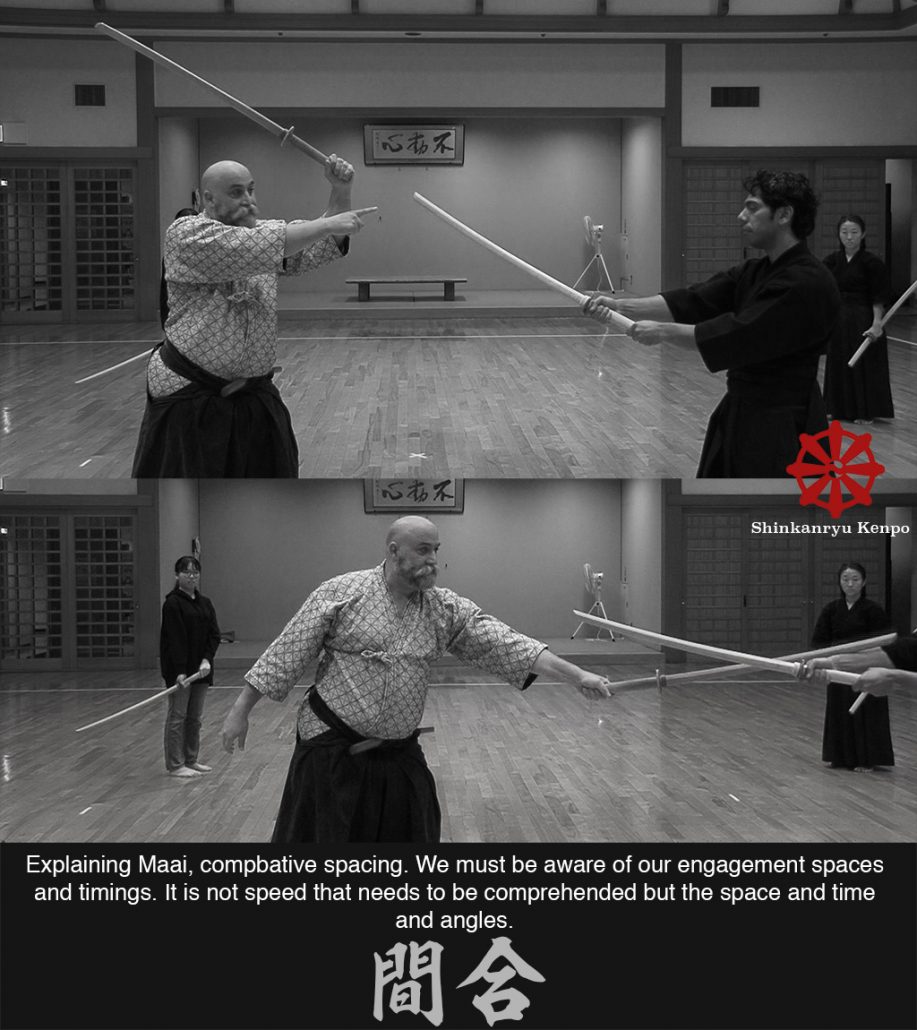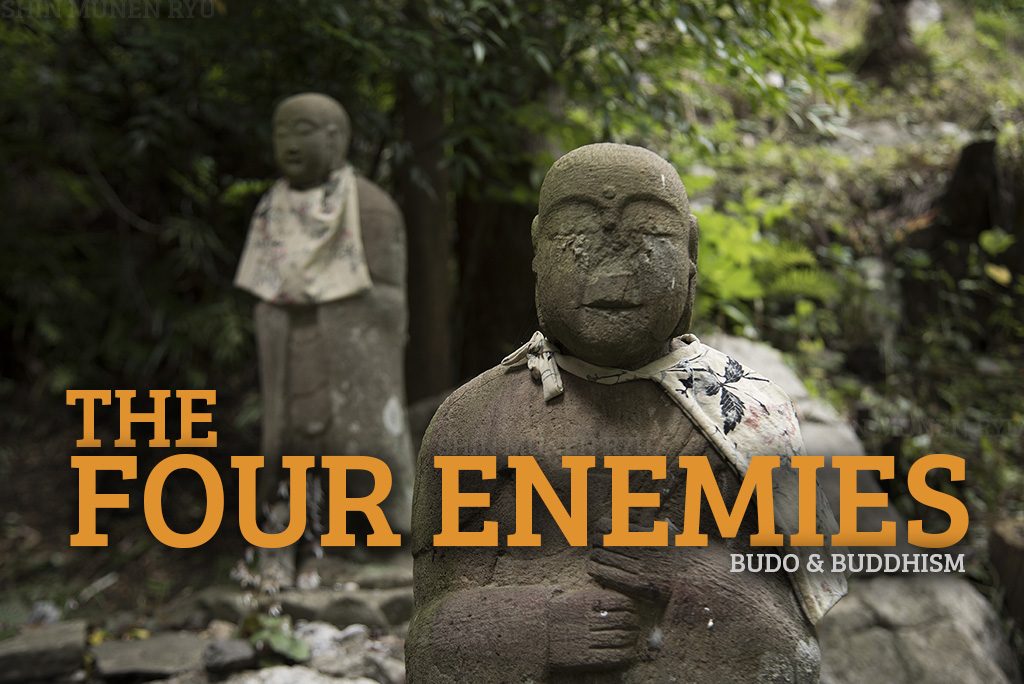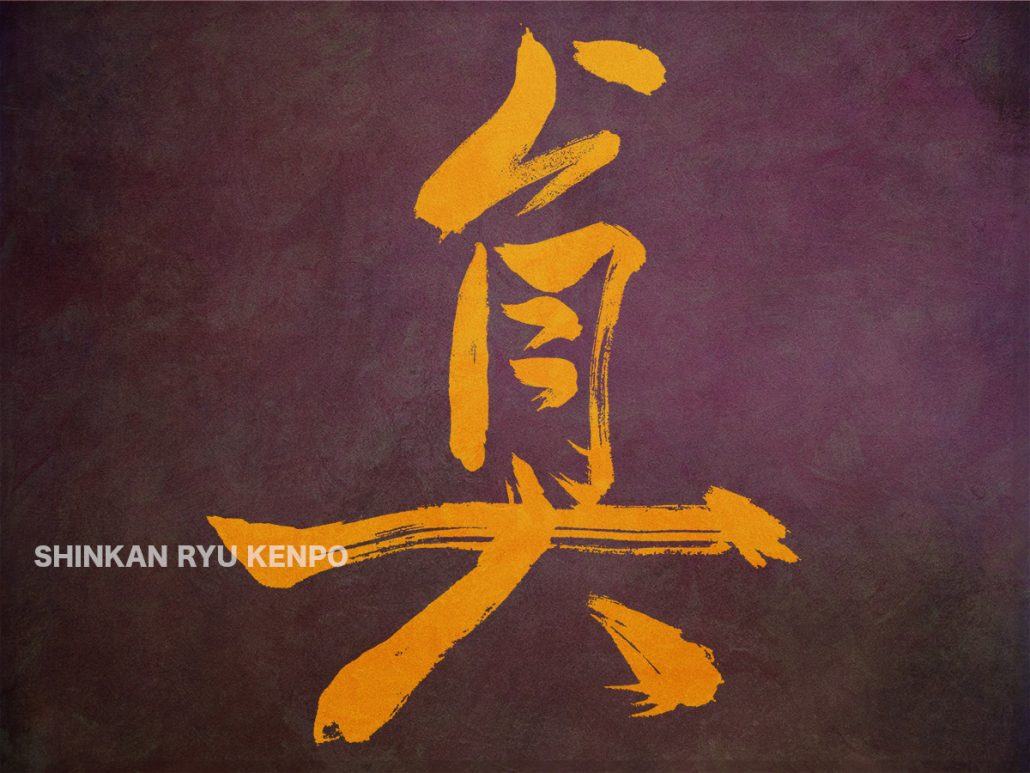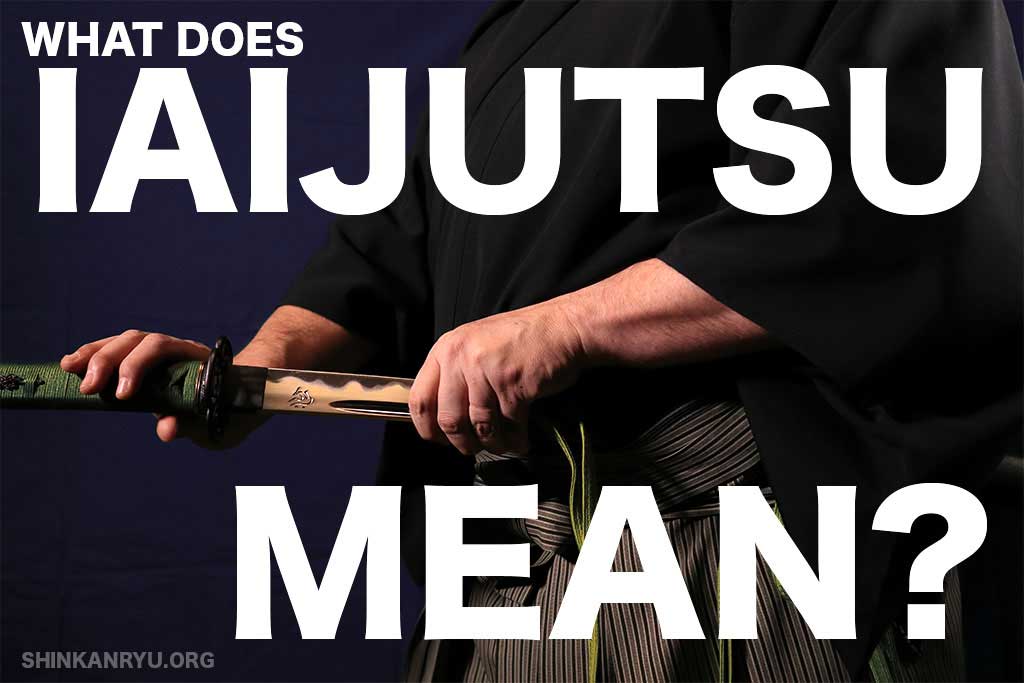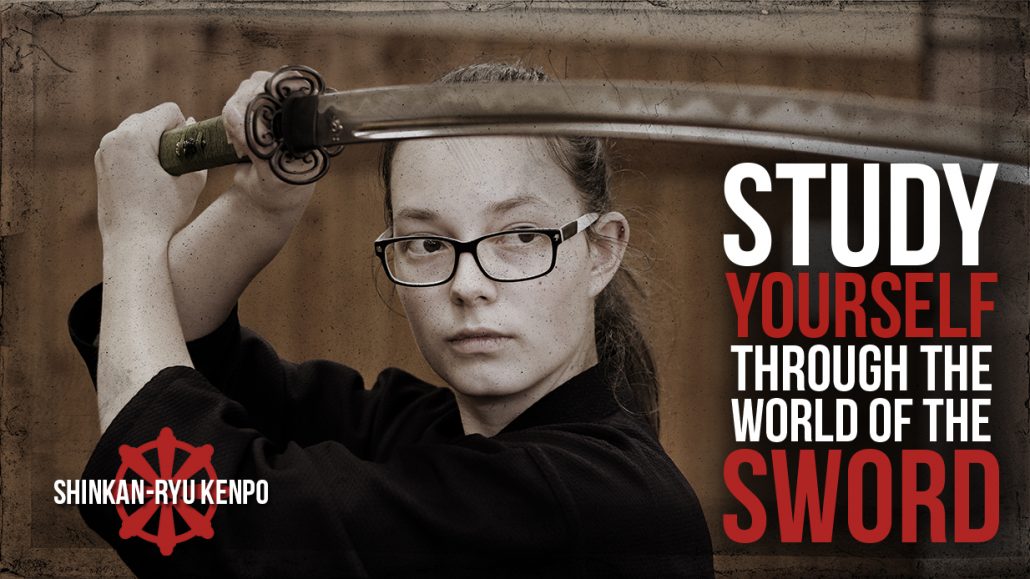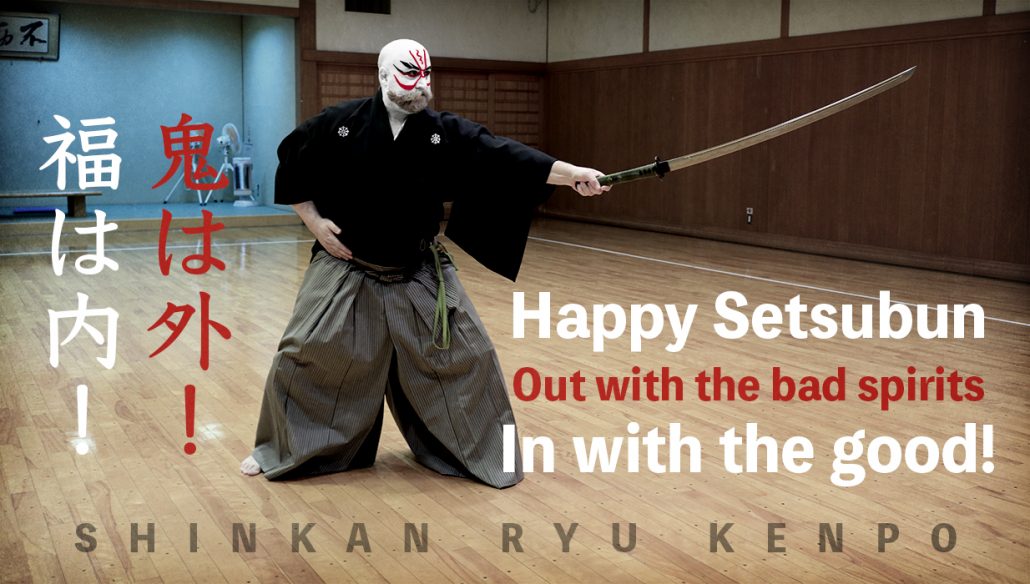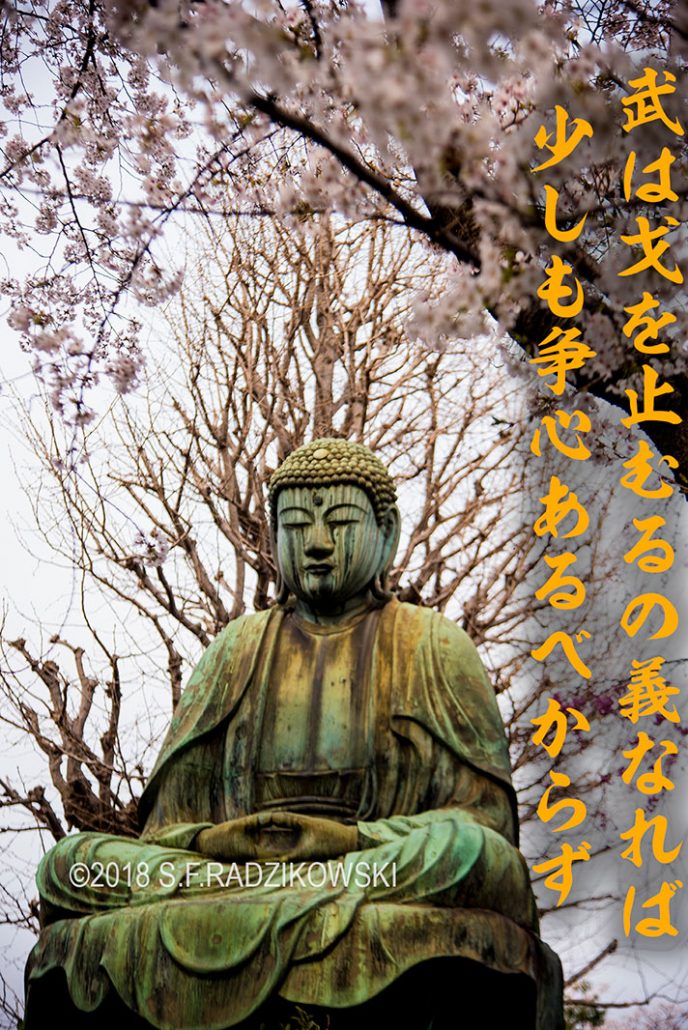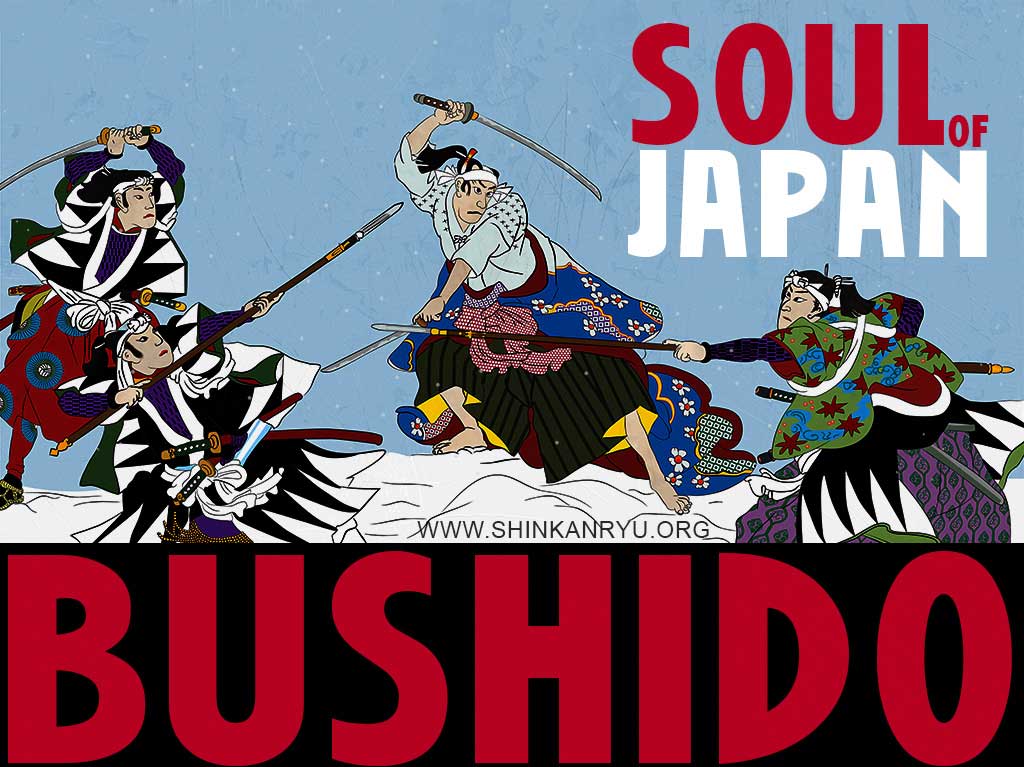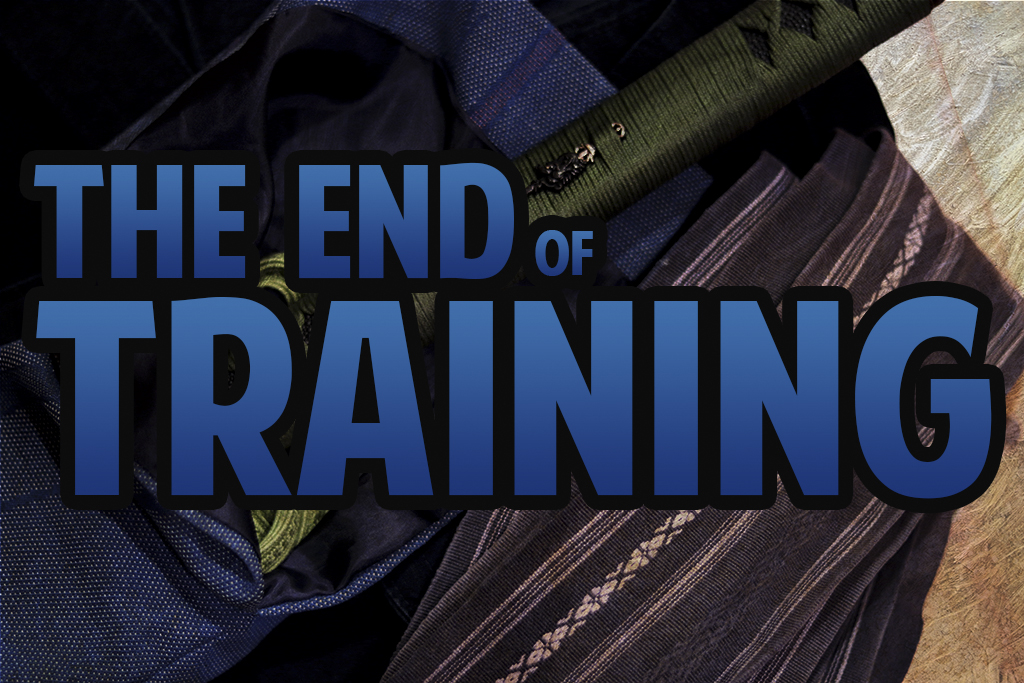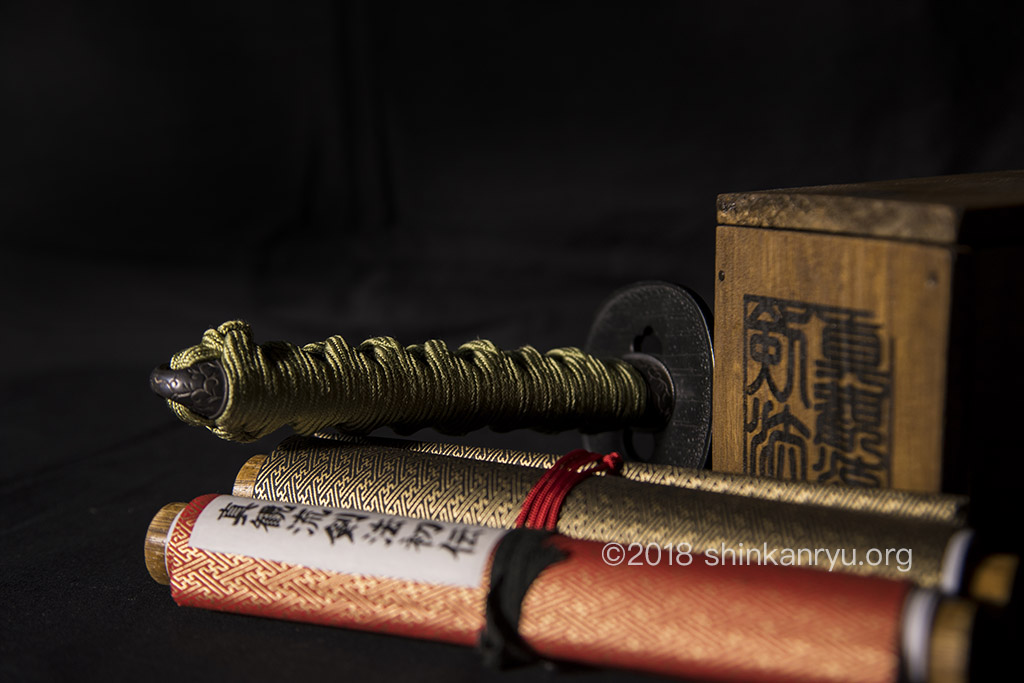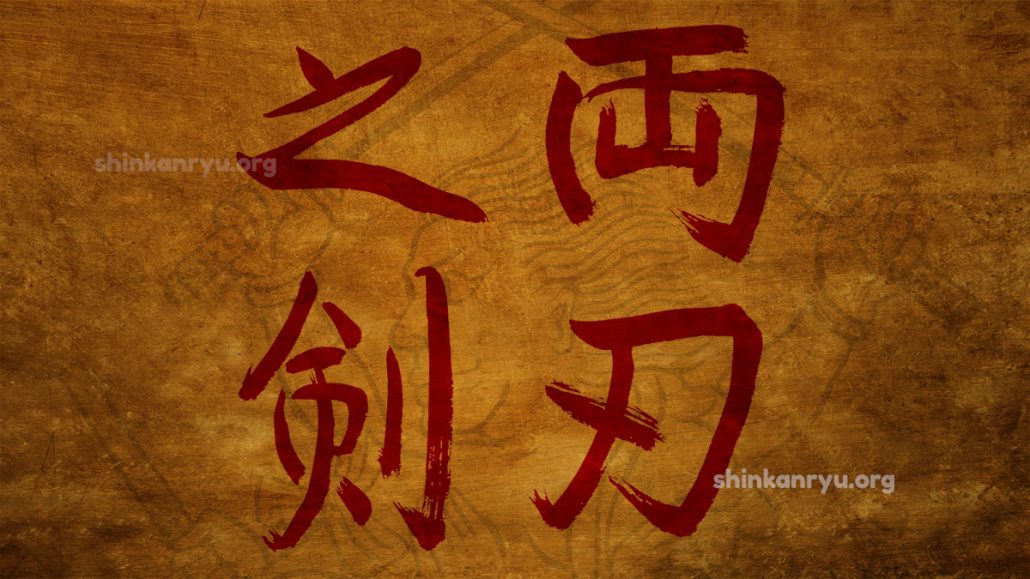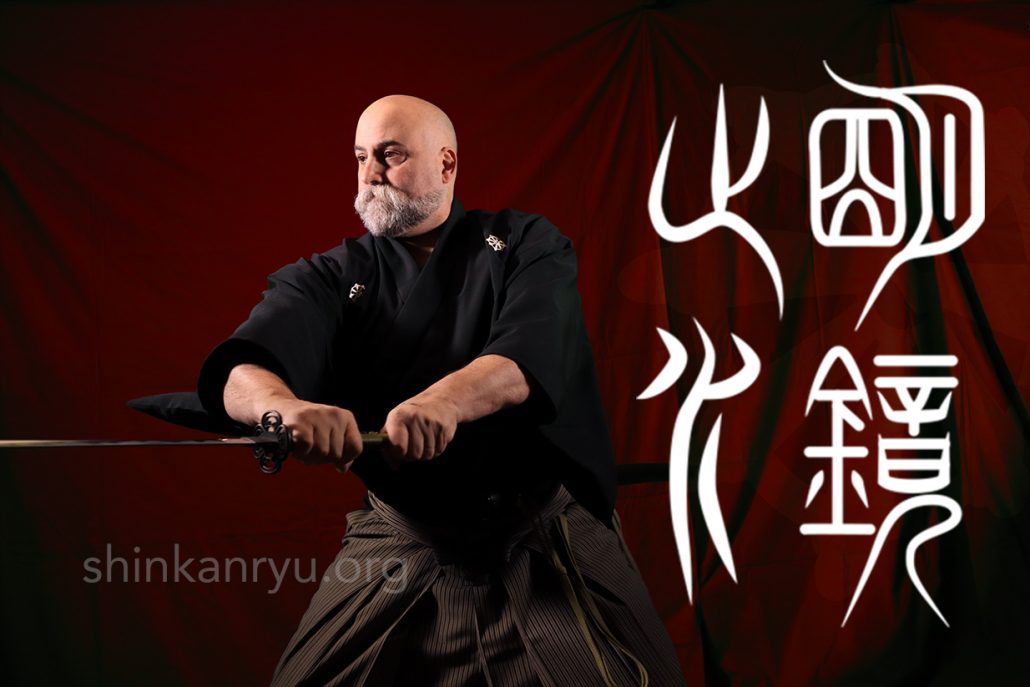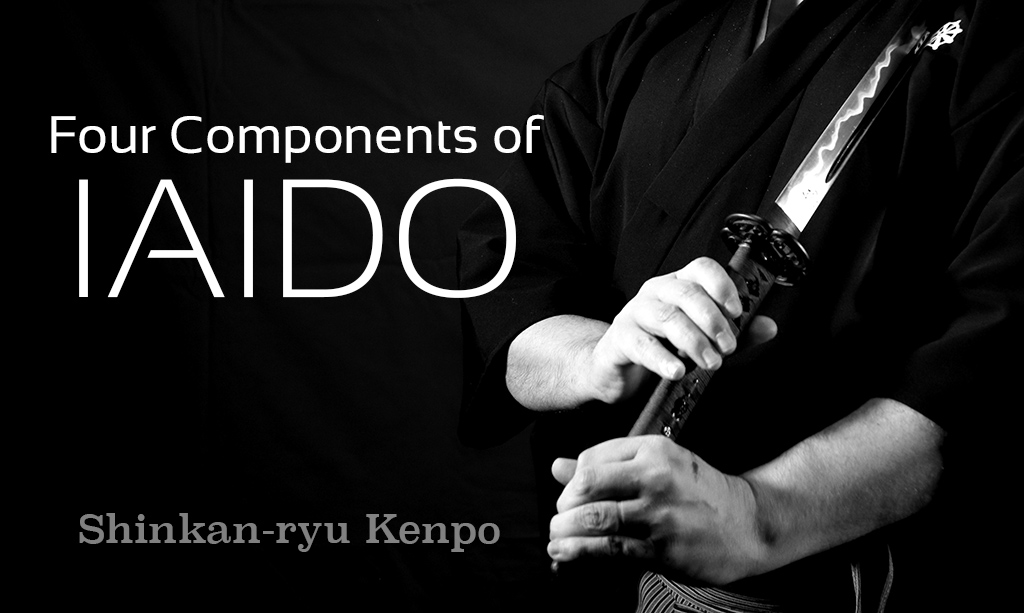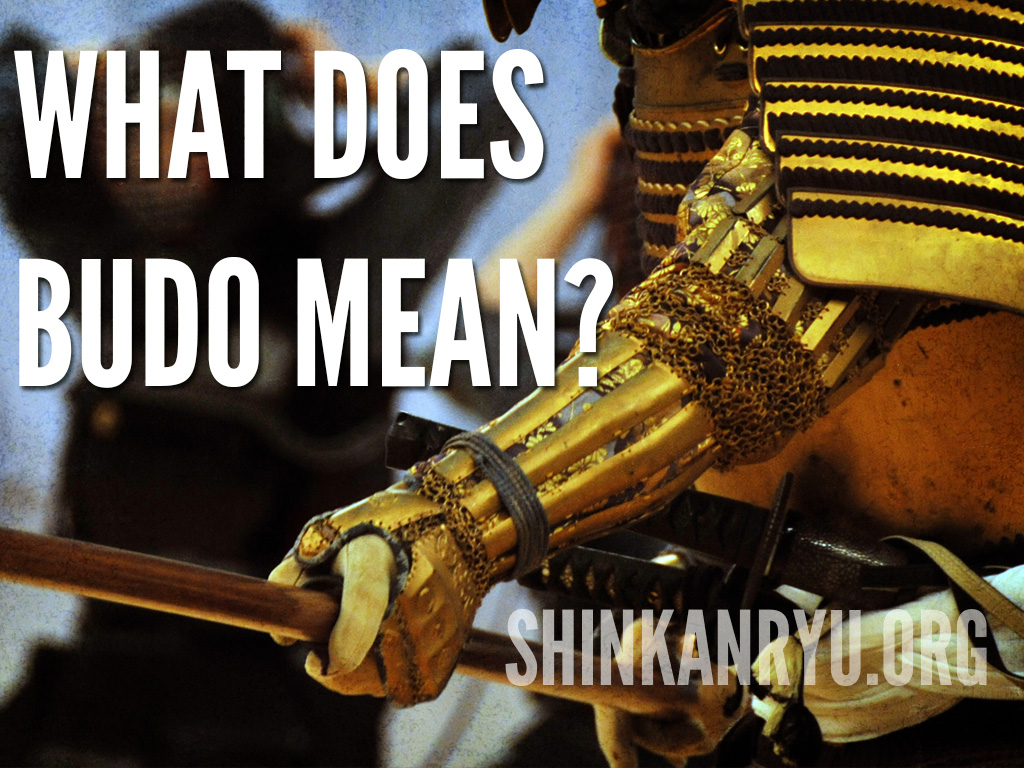I have discussed teachers and students within martial arts. The senpai-kohai relationship is just as meaningful as the teacher and student. A bad teacher will obviously make learning difficult, or worse, impossible. Training with an inadequate senpai can also affect keiko and badly warp the culture of the school. The issues might be initially overlooked or not known about until much later in someone's training. Being a worthless senpai not only hinders others but is just as bad for your own growth in the martial arts.
In Japanese society, there are many places you can find the senpai-kohai dynamics from elementary school to the dojo and the office. Many cultures have junior and senior mentoring systems; however, in Japan, that relationship dominates a lot of things. The intensity varies from place to place, but the hierarchal system exists almost everywhere you look. These systems have their roots in Confucian thought, which, like most things in Japan, came from China.
A lax teacher will encourage the growth of bad senpai. Never let the weeds get higher than the garden.
The Senior Bugeisha
Senpai 先輩 is a compound of two kanji. Sen 先, to come before, and pai 輩 meaning companion or people. As with sensei, senpai means someone that came before you. A person with some seniority in time (age). At the dojo, when you join, those that started before you are your senpai. When first starting, a lot of our knowledge and understanding comes from these senior students. If we are observant, then quite a bit indeed is gained from them. These senior bugeisha are essential nodes of transmission in budō because it is our senpai with whom we are mostly practicing. In smaller schools, you might have equal time with the teacher and various senpai. We often need to have patience with some senpai as they might have an air of arrogance. Mostly they are helpful. It all depends on the individual character. The problem, as you understand, is that people often wield what little power they have to make others miserable. A lax teacher will encourage the growth of lousy senpai. Never let the weeds get higher than the garden.
Handle With Care
It is often useful to come into a dojō with a very humble attitude. Be open and receptive. Deffer to the ways the school operates and how senpai do things. Some senpai are good examples of the art you want to learn, and others, regrettably, are not. While they may be kind and helpful, be careful in copying certain things from unskilled senpai as it will hinder your training. Without proper experience, it is hard to know which senpai are good examples and which are not. Just because they are senpai does not mean they know what they are doing. This is more the issue of the teacher than the senpai themselves. I have seen dojo where senpai run amuck and abuse new-comers at every chance. Some times physically. It might take some people a few years to warm up to you. We can't always have instant friendships, but kindness and respect should be there from day one. Some senpai treat kohai as they were treated when first starting. We have to be a little patient with such people. Grin and bear it, but don't be anyone's punching bag either. They have usually been at the dojo for a while and might have a close relationship with the teacher. It's best to feel things out for several months.
Power-ups & Pillars
Being a good senpai is vital because the success of the school depends more on your role than you might realize. We often focus on the teacher. Still, the students that make up the higher tier practitioners are significant to how the school thrives and survives. Of course, everyone wants to learn. That's why they are at the dojo. Usually, at least. I have seen some exceptions of extremely inattentive students that show up every week but never seem interested in learning or improving. Not everyone wants to go out of their way to help other students in the dojō. As a senpai, you have to some times give up part of your training time to attend those under you. A good senpai has the disposition of helpfulness. The desire to see the school and sensei thrive. A strong wish to nurture everyone in the dojo and preserve the teachings. Help out around the dojō, and do no delegate everything to your juniors. Get lunch for your teacher, tidy up the weapon racks, or buy your kohai a tea after a good keiko. The stiff macho ideas of the past don't produce the best martial artists. A sincere and generous learning environment does birth a robust and well-rounded bugeisha.
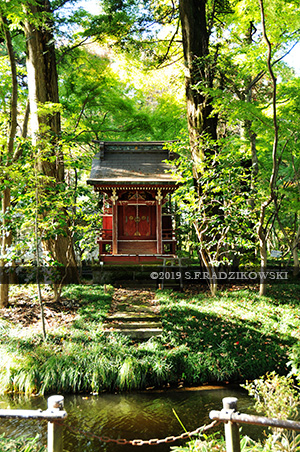
Senior students should not sit in the shadows and greedily think of only their own practice. A good senpai sees that everyone under them is taken care of. Hazing juniors and silly nonsense like that has no place in the dojō. Senpai should not use their powers to belittle anyone. As their teacher selflessly gave to them, they, in turn, should provide to their kohai. Be active in school and don't sit and wait for someone to tell you what to do. Don't wait for kohai to come forward with questions all the time. Proactive senpai are indispensable in the dojō. Stoically sitting aside with a smug face and letting someone do things the wrong way for weeks on end before you say something isn't in the best interest of the student struggling. I know someone that joined a famous dojo. There was one brutish senpai who almost ignored the new guy. During practice, that senpai would use extreme power and aggressive techniques on the new-comer. This behavior is some times lauded as an excellent way to do things. As its not chess club, it is, after all, martial arts. However, no one should be thrashed around the dojo for the sake of teaching budō. No sensei should stand by and let that happen either. A little hardness is ok but after practice, if you don't see that macho b.s. get dropped like a hot potato; then you should be careful. I have trained with people who are steadfast and do things in a realistic sense in the dojo. Still, it is quite apparent they are trying to teach you something and aren't abusing their power. Trust your instincts in situations like this. It is important to know who is abusive and who merely is teaching seriously.
Another issue with being a senpai is over-giving information. I have seen this issue as well. Someone wants to be helpful or just likes to be a know-it-all, and they drown kohai in information which is often too much or wrong. Be careful teaching techniques or explaining things. I like to be very prudent in this regard and always check with my headteacher on how exactly techniques should be done. If I am hesitant than it is something I don't share.
There is a time to let someone struggle a bit so they can learn something, but its best to allow the headteacher to figure that out if you don't have enough experience. A senpai should serve just as a trail-master does who has gone to the end and back and helps someone just starting on the path. Light the torch and show the way. Do not hide in shadows practicing solely for yourself. Your practice is the school's practice, just as your teacher's training and hard work are the fruits you use to nourish your own budō keiko. If you do not open your heart and time to other students in your school, then you are a myopic martial artist who sees only his own gain. In my view, selfishness has no place in learning or within budō.
©2019 S.F.Radzikowski

ラジカスキー真照
館長Saneteru Radzikowski is the head sword instructor of Shinkan-ryū Kenpō. He lives and teaches Iaijutsu and Kenjutsu from Nara, Japan.


